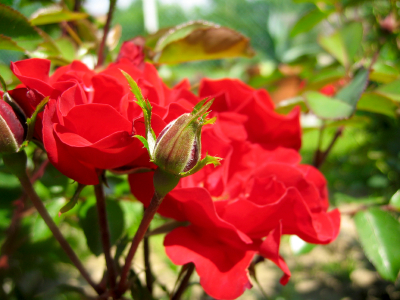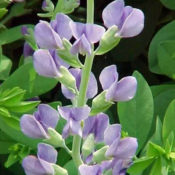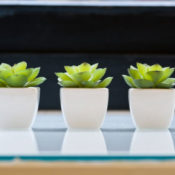“A rose must remain with the sun and the rain or its lovely promise won’t come true,” Ray Evans wrote in his song “To Each His Own.” Evans must know something about roses that all successful growers of roses find out eventually. To enjoy their beauty and scent for the longest time possible, roses require special care. But you can’t just rely on the sun and the rain.
In hot, dry weather, roses should have an inch of water a week. Just spraying around them for a time won’t do. Lay the hose at the base of the plant and allow water to slowly soak around the rose’s roots. Don’t spray water on the leaves. Damp foliage will invite fungus. Water roses early in the day and put plenty of mulch around them to help keep moisture in.
Deadheading
You can keep hybrid tea and floribunda roses blooming by removing spent blossoms. If you leave spent blooms on the plant, they will form seed pods, also called hips. These take large amounts of energy from the plant that would otherwise go into blossoms. To deadhead roses, make a 45-degree-angle cut just above a five-leaflet leaf on the stem. Make the cut on an outward facing leaf. A new flower stem will sprout from the base of the top remaining leaf.
Stimulants
Roses don’t drink coffee, but they can be stimulated by other things. To keep everblooming roses in flower, drench each bush’s roots with a solution of two to four tablespoons brewer’s yeast dissolved in two gallons of water right after the first blooming.
Companions
Roses, like people, benefit from good company, and good company for them includes having plants such as lavender, sage, hyssop, thyme or French marigolds nearby. Preferably all of them, since lavender chases away aphids; sage, hyssop, and thyme keep away caterpillars; and marigolds discourage nematodes.
Fertilizing
You can still fertilize roses in July, which will be here before you know it. But this should be the last application of the growing season. Fertilizing in late summer stimulates new growth and delays hardening of the wood, which is necessary to keep the plant safe during winter.
Become a Saturday Evening Post member and enjoy unlimited access. Subscribe now



